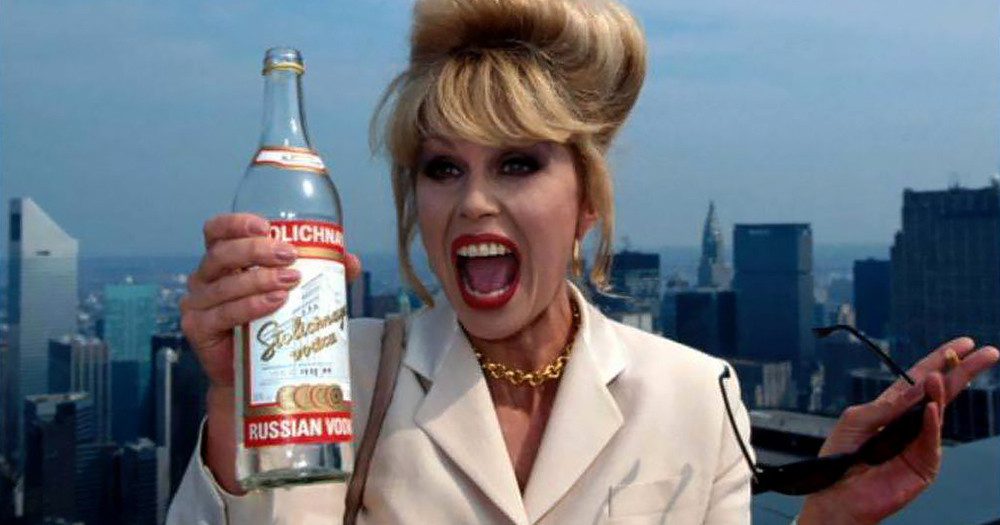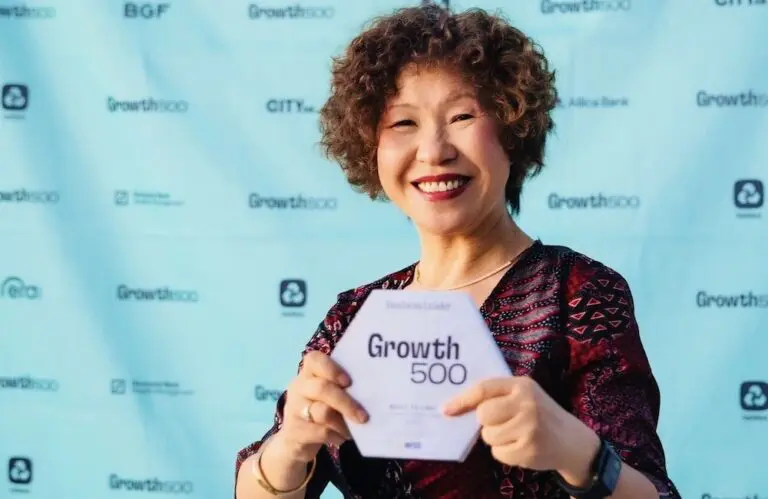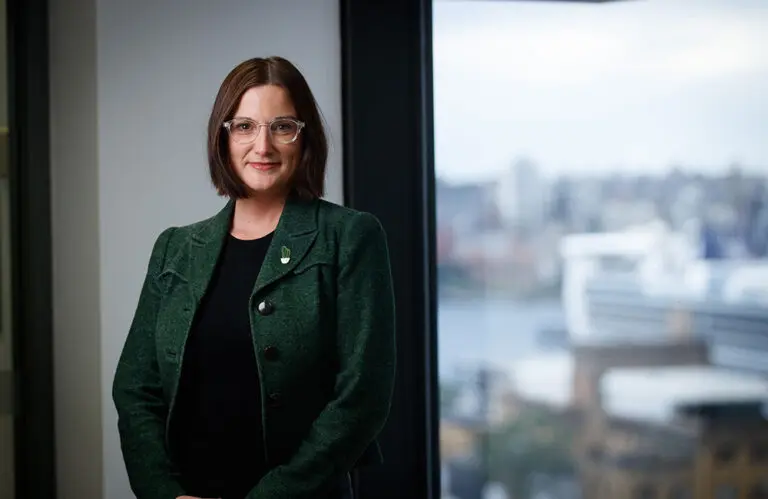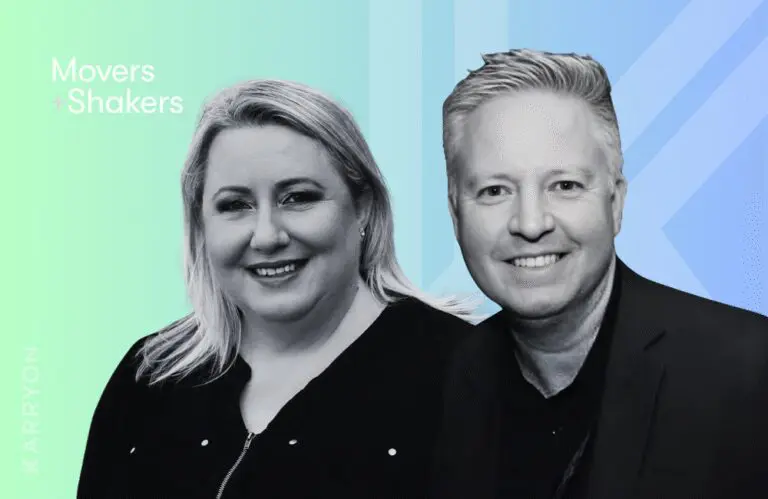According to researchers, employees who force themselves to smile and be happy in front of customers – or who try to hide feelings of annoyance – may be at risk for heavier drinking after work.
Have you ever taken a deep breath and forced a sweet smile to a client that is being rude or disrespectful? Or turned to your colleague and said, in quiet desperation, “I need a big glass of wine tonight”? Or have had to take five in the staff room to stop yourself from bursting into tears or high fiving someone, in the face, with a chair?
“All of them”, I hear you mumble? YOU ARE NOT ALONE.
The science
A team of researchers at Penn State and the University at Buffalo studied the drinking habits of people who routinely work with the public.
They found a link between those who regularly faked or amplified positive emotions, like smiling or suppressed negative emotions – resisting the urge to roll one’s eyes, for example – and heavier drinking after work.
Many customer-facing workers are award-winning surface actors, without even realising it! Surface acting occurs when employees display the emotions required for a job without changing how they actually feel.
“Smiling as part of your job sounds like a really positive thing, but doing it all day can be draining. There’s also often money tied to showing positive emotions and holding back negative feelings. Money gives you a motivation to override your natural tendencies, but doing it all day can be wearing.”
Alicia Grandey, professor of psychology at Penn State
“The relationship between surface acting and drinking after work was stronger for people who are impulsive or who lack personal control over behavior at work,” Grandey said. “If you’re impulsive or constantly told how to do your job, it may be harder to rein in your emotions all day, and when you get home, you don’t have that self-control to stop after one drink.”
The researchers found that overall, employees who interacted with the public drank more after work than those who did not.
Data collection was supported by a National Institute on Alcohol Abuse and Alcoholism grant awarded to Michael R. Frone, University at Buffalo, the second author on this paper. Penn State graduate students Gordon M. Sayre and Robert C. Melloy also participated in this work.







